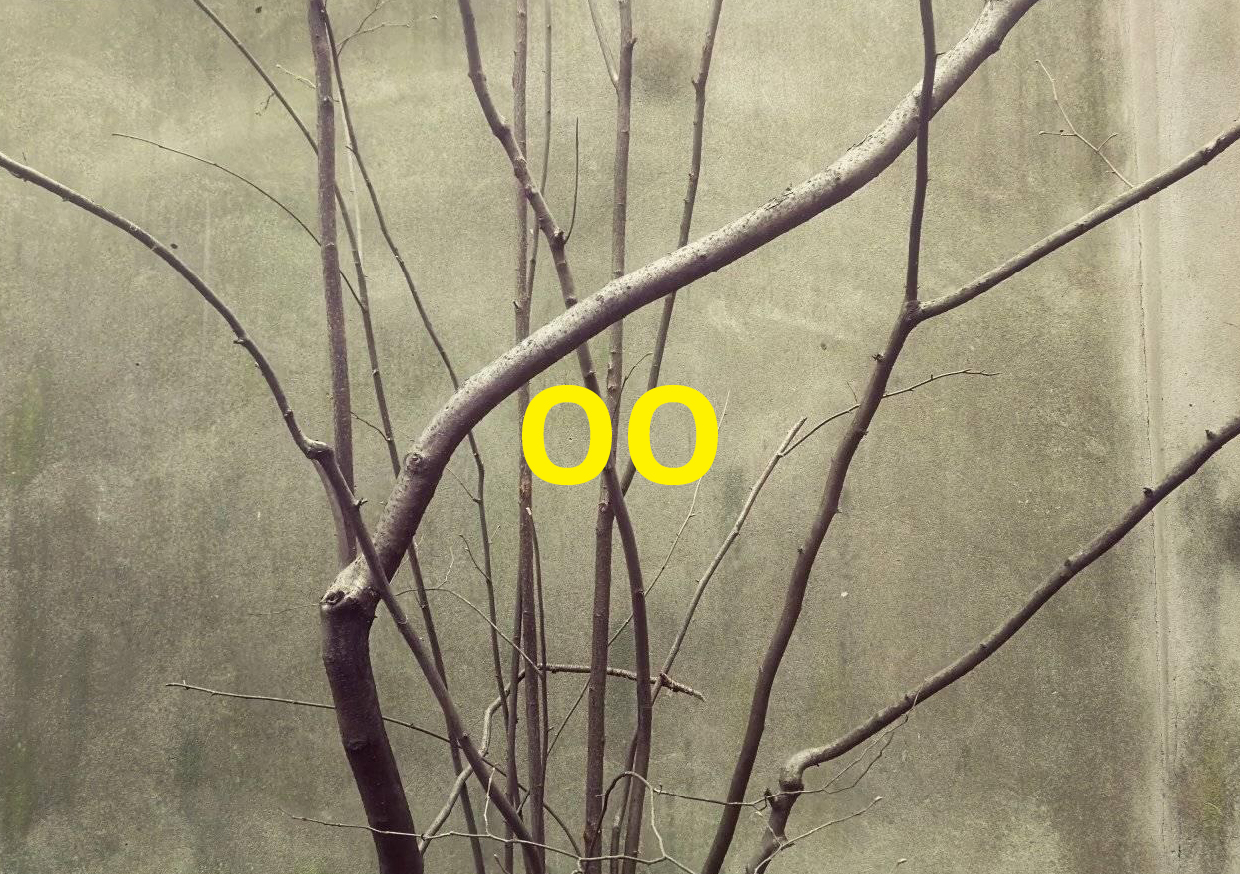
Photo: Stefan Widdess.
OO [Open Occulto]
Session 2
WHEN: Thursday, 10 November, 5.30-7 p.m. CET
WHERE: Online. A Zoom link will be provided. Registration required. You can send a request to participate by submitting the form below or by sending an email to info[at]occultomagazine.com
Open Occulto is a public gathering organized by the editorial team of Occulto for contributors, readers, colleagues, old and new friends, and keen strangers. Participants are invited to visit – and tend – a garden of ideas, stories, and practices that will connect with past and future Occulto publications and events, while also encouraging detours into new collaborations and projects. The second meeting will take place online and feature presentations and open discussion. Some of the subjects that will be covered are:
- Issues’ themes and how to expand them online and offline: Metamorphosis, Constants and Variables, Dreams, Limits, Life, Art-I-Ficial
- The blog and its topics: Plants, Animals, Berlin, Machines, Materials
- Events: past experiences – Occulto Nights, The […] Experiment, textîles, Publishing Matters – and future plans
Occulto is an independent magazine that brings together sciences, humanities and arts, with an inclination towards natural and formal sciences and their (cultural) histories. In its pages, complexity can live together with humor, autobiography, nonsense, visual experiments, poetry. Each issue features long essays, artist’s projects, and one compilation or split album of experimental music from Italy curated by Onga of Boring Machines. A series of concerts, performances and other cultural events hosted by several Berlin independent venues is connected to and informed by the publication. Occulto is the uncompromising yet amiable crossing between an avant-garde magazine and a science school book. It is curated, edited and published in English language by Alice Cannavà, together with a growing group of editors and the contributors.
Topics featured by Occulto so far include early modern colonial fishery, algebraic topology, the least understood aspects of the photosynthetic process, precambrian life, contemporary non-classical logic, speculative evolution and fantazoology, the antirelativity movement within physics, the true story of the fake world’s oldest bible, the discovery of the molecular structure of proteins, an artificial language with many Umlauts called Volapük, and an urban legend about a nuclear reactor to be built on the Pfaueninsel in South-West Berlin.